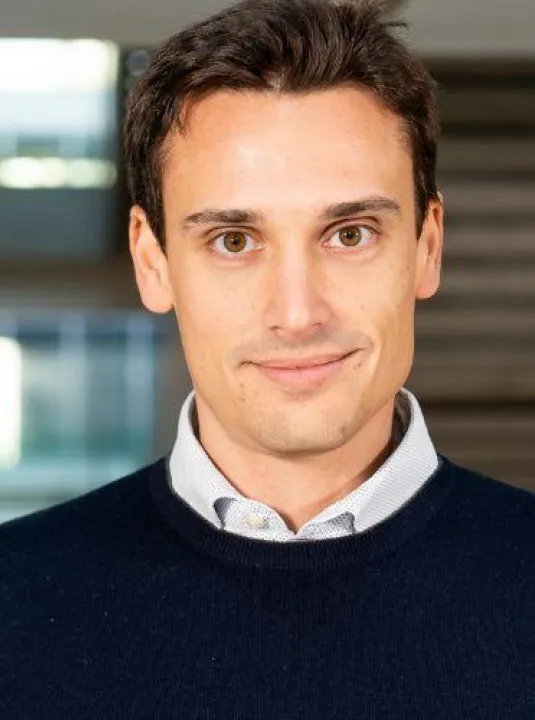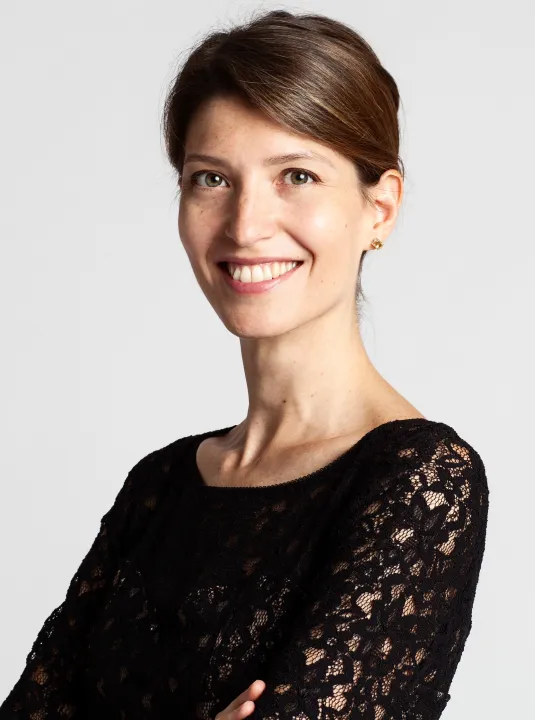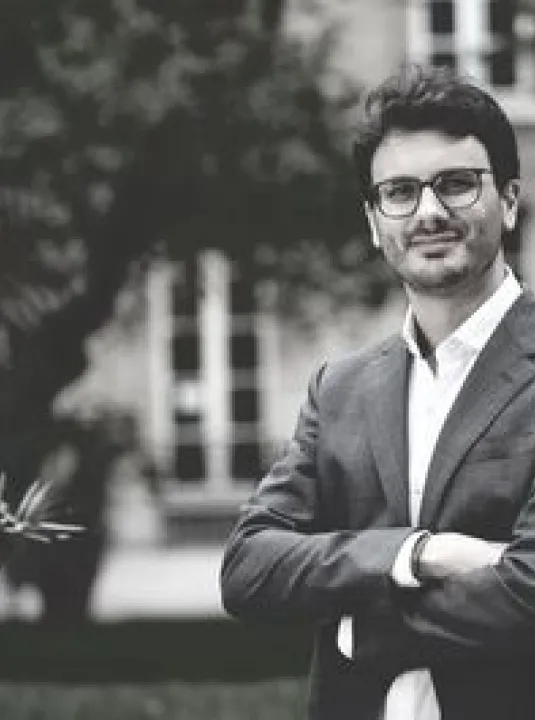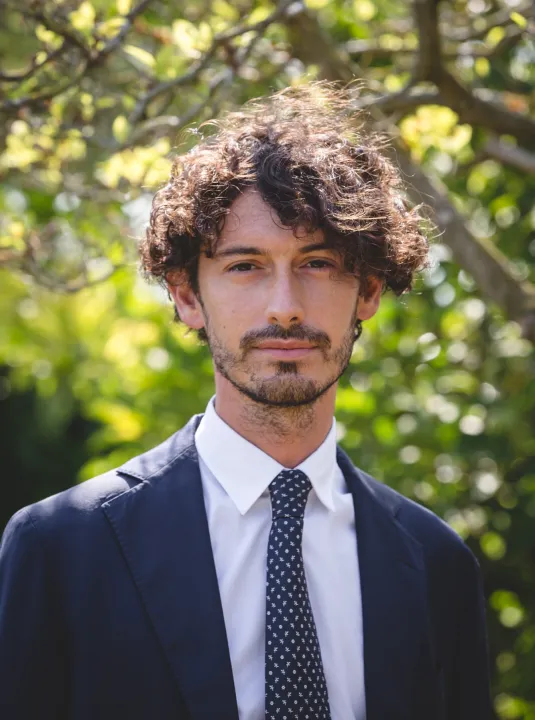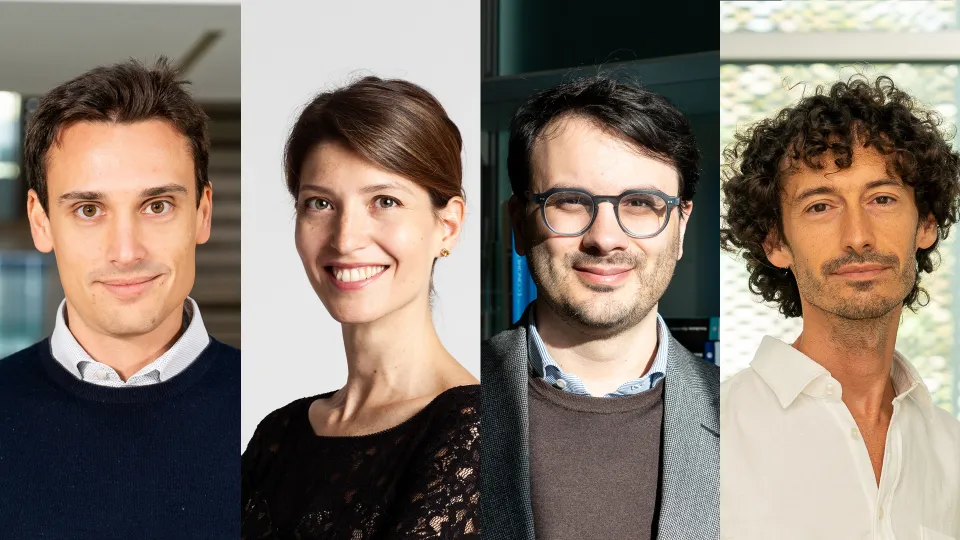
Four ERC Starting Grants Awarded to Young Bocconi Researchers
Four young Bocconi scholars have been awarded as many ERC Starting Grants, prestigious European funding designed to support the best emerging research talent. With these latest awards, the total number of ERC Grants to Bocconi professors tops 71, 35 of which are active, confirming the University as one of Europe’s leading hubs for research in social sciences and, increasingly, in STEM disciplines.
The four new projects, funded by theEuropean Research Council with a total of approximately €6 million, range from the fight against in-work poverty to state buildup, from the social impact of businesses to the mathematical foundations of fluid turbulence.
As an introduction, the European Research Council announced 478 Starting Grants today, totaling €761 million. Italian universities were awarded 30 grants, and Bocconi is the only Italian university netting four, including all three in the “Individuals, Markets and Organizations” category awarded in Italy. Starting Grants are specifically reserved for younger researchers no more than seven years after their PhD’s.
“In an increasingly competitive global context,” emphasizes Rector Francesco Billari, “these successes confirm our strategic vision: to invest in human capital, scientific autonomy, and interdisciplinarity. Above all, to offer our best young people the conditions to develop impactful research.”
“This result demonstrates our ability to attract international-level talent and support them on their path toward ambitious and independent research,” comments Elena Carletti, Dean for Research. “An ERC grant is subject to one of the most selective competitions in the world, and winning it means proposing radical, theoretically sound, and potentially revolutionary ideas in their respective fields.”
The four funded projects
MIND - Mathematical Insights into Dynamics of Incompressible Turbulence (Elia Bruè)
A theoretical project that addresses one of the great enigmas of classical physics: turbulence in incompressible fluids. MIND aims to develop mathematical tools to better understand complex phenomena such as anomalous energy dissipation and the formation of small-scale structures. The research has implications far beyond pure mathematics, touching on fields such as engineering, meteorology, and oceanography.
LIFT-UP: Lifting up the working poor - predistribution and redistribution at the low end of the wage spectrum (Giulia Giupponi)
The project explores how to effectively combine minimum wages and fiscal policies to support low-income workers. In a context where these instruments are often analyzed separately, LIFT-UP proposes an integrated approach that also considers citizens’ political preferences and the social acceptability of reforms. A theoretical and empirical model will help identify optimal policy configurations to combat labor market inequalities.
BALANCE: Firms’ Social Impact - Balancing Profits and Externalities (Michele Fioretti)
Businesses are not just profit centers: they can also generate benefits or harm for society as a whole. The BALANCE project examines how different actors—customers, investors, regulators—can induce businesses to internalize the social effects of their actions, in a context where public instruments are often insufficient. From ethical finance to competition to information mechanisms along global supply chains, the project analyzes how the social impact of businesses is negotiated and realized.
STATE-DEV: State Capacity and Development (Edoardo Teso)
Through an original historical-comparative analysis of Italy and the United States between the 19th and 20th centuries, the project investigates the dynamics that have allowed certain states to strengthen their capacity for action: what factors have prompted citizens to demand more state intervention? What was the role of bureaucrats and corruption? A reconstruction based on original data and quantitative approaches to better understand how an effective state apparatus is formed, a crucial condition for economic development.
The European Research Council, established by the European Union in 2007, is Europe’s leading funding organization for excellent research. It funds researchers of any nationality and age to carry out projects across Europe. The ERC offers four main grant programs: Starting Grants, Consolidator Grants, Advanced Grants, and Synergy Grants.
